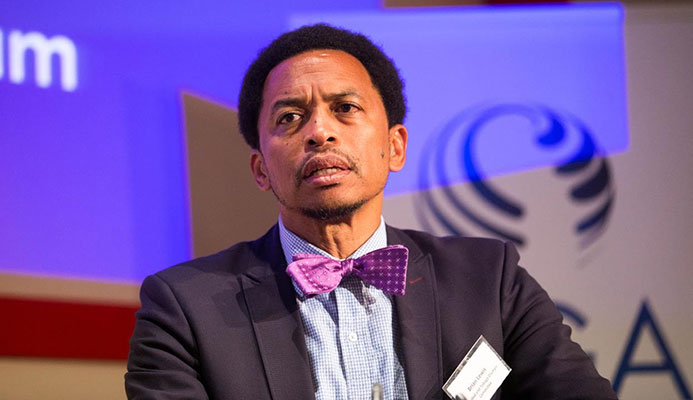Hard questions need to be asked of everyone in the T&T sport system.
In these days of hard economic times, where money is hard to come by—value for money—is the key metric and with bureaucracy sucking up a large percentage of the funding that is available, there is a cause for unease.
Close examination of the numbers will show that a lot of money is going to prop up a structure that isn’t exposed to performance management and monitoring.
Performance monitoring is focused on the athletes and by extension their coaches. It’s all laid out to see, performance matters.
Yet, the bureaucracy that is getting the lion’s share isn’t exposed to the same deliberate transparency and accountability.
On the elite side of the equation, it can be argued that more money must go to athletes and be directed to providing the necessary expertise and support that is needed to compete at the elite and Olympic level.
The challenge is the argument that too much focus is placed on elite athletes and medals and that such an emphasis provided little to next to nothing tangible returns.
It is a delicate balance...it isn’t one or the other.
Social and recreational sport participation aimed at fostering a healthier, fitter and safer T&T is as important as elite and Olympic sport.
Who said that it’s one or the other? But in an environment where the bureaucracy requires funding and feeding it is in the best interest of those who eat from the table of bureaucracy to create, sustain and maintain the impression that choices have to be made.
If this division weren’t made then the bureaucracy will be exposed for what it really is, a citadel of waste and inefficiencies, draining resources that could be reinvested in funding those who need it most.
In these difficult economic times, “bang for buck” and value for money should reflect just that. The waste, inefficiencies and ineffective allocation of funding is a luxury.
It would be naive to not face the reality that there are often other considerations that have absolutely nothing to do with sport or sporting rationale.
When such a scenario presents itself, we should be candid enough to acknowledge when sport and the best interest of sport isn’t the main attraction.
When millions, make that billions, have gone into investing in facilities and the bureaucracy what is the output and the outcome? What has changed? What has improved?
The sport pyramid as it currently applies must be flipped over.
It hasn’t worked, it hasn’t delivered and it hasn’t created an environment that drives sustainable benefit to high performance elite sport or delivering a healthier, fitter and safer T&T.
n EDITOR’S NOTE: Brian Lewis is the president of the Trinidad and Tobago Olympic Committee and T&T Commonwealth Games Association. The views expressed are not necessarily those of the TTOC and TTCGA.

